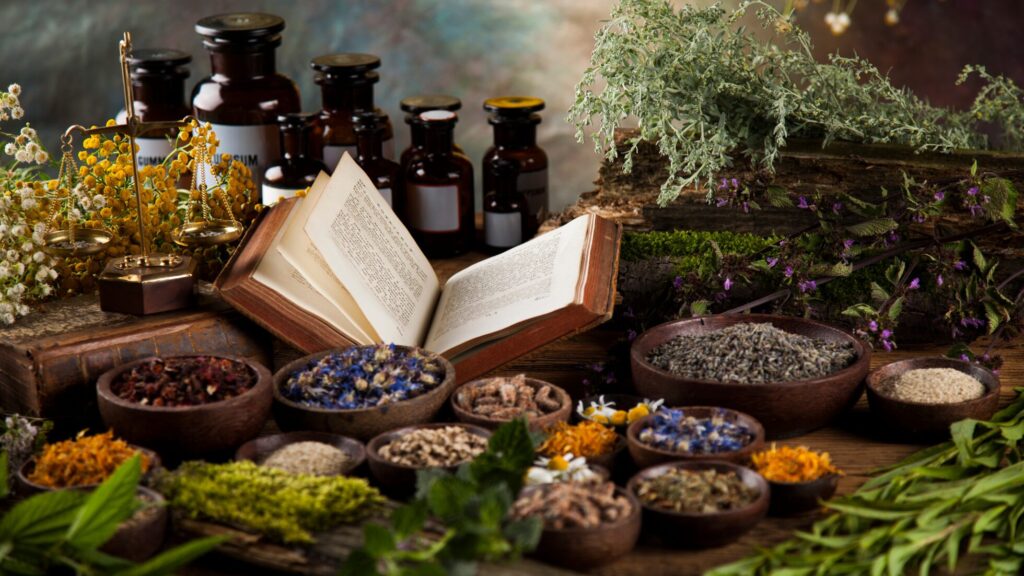
Explore monasteries role
In medieval Europe, monasteries played a vital role in preserving and developing herbal knowledge. These self-sufficient communities of monks lived on remote islands or in the countryside, far from cities and towns. They focused on spiritual pursuits, but also on agriculture, medicine, and education.
Herbalism as a Monastic Pursuit
Monks were trained in herbalism as part of their general education. They learned about the medicinal properties of plants, how to cultivate and harvest them, and how to use them to treat illnesses. This knowledge was passed down from generation to generation, ensuring that it remained alive and vibrant.
Herbal Manuscripts and Monastic Libraries
Monasteries preserved and copied herbal manuscripts, which were collections of recipes, medical writings, and descriptions of plants. These manuscripts were often illustrated with intricate drawings and notes. Monks would carefully copy these texts by hand, using quills and ink, to create a permanent record of their knowledge.
Herbal Gardens and Experimentation
Monasteries maintained large herbal gardens, where monks could grow and experiment with various plants. They developed new treatments for illnesses and created medicinal remedies from rare and exotic plants. This experimentation helped to expand our understanding of the properties of plants and how they could be used to heal.
Medicinal Practices and Monastic Healing
Monks would use their knowledge of herbs to treat patients in their monasteries. They would prepare medicinal concoctions, such as teas and infusions, using plants gathered from the surrounding countryside. Monastic healing was often based on a combination of observation, intuition, and empirical evidence.
Examples of Monastic Herbalism
Some notable examples of monastic herbalism include:
- The monastery at St. Gallen: In present-day Switzerland, this monastery was known for its impressive library of herbal manuscripts.
- The Abbey of Saint-Véran: In France, this abbey had a renowned herbal garden and produced numerous medical texts.
Legacy of Monastic Herbal Knowledge
Monasteries played a significant role in preserving and developing herbal knowledge. Their contributions include:
- Preservation of ancient texts: Monks copied and preserved ancient texts on herbalism, ensuring that they remained available for future generations.
- Development of new treatments: Monks experimented with plants to create new medicinal remedies, expanding our understanding of their properties.
- Transmission of knowledge: Monasteries passed down their knowledge of herbs from one generation to the next, keeping it alive and vibrant.
Conclusion
Monasteries were important centers of learning and herbalism in medieval Europe. By preserving and developing herbal knowledge, they ensured that this valuable information would remain available for future generations. Their contributions continue to inspire modern herbalism and medicine!
